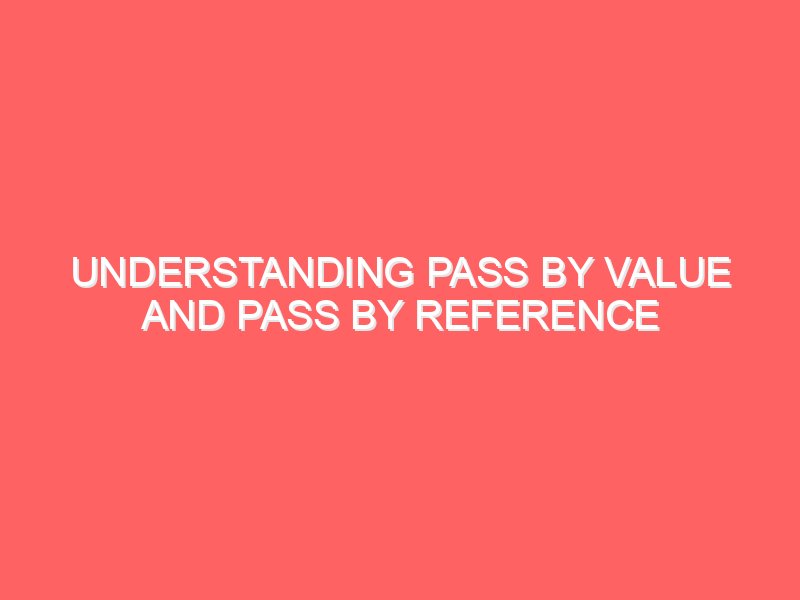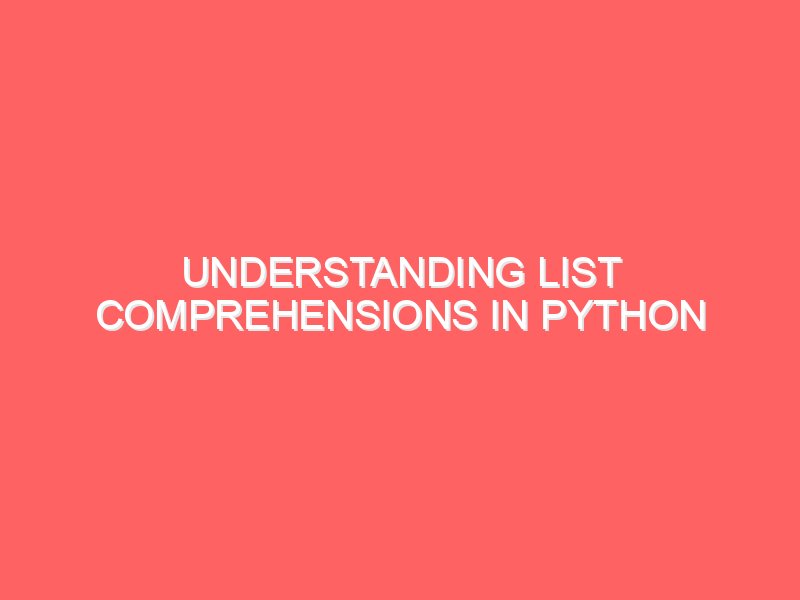
Designing a Class for Managing a Simple Blog in C
Creating a Class for a Simple Blog in C To implement a simple blog in C, we can create a class that encapsulates the functionalities such as listing and displaying messages, posting new messages, and deleting messages. Let’s break down the implementation into different sections. Designing the Blog Class The first step is to design…
Principles of Java Memory Management and Optimizing Memory Usage in Java Applications
Principles of Java Memory Management Automatic Memory Allocation: Garbage Collection: Heap and Stack: Optimizing Memory Usage in Java Applications Use Object Pooling: Avoid Memory Leaks: Minimize Object Creation: Use Efficient Data Structures: Profile and Optimize:
Handling Exceptions in Python using Try-Except Blocks
Handling Exceptions in Python using Try-Except Blocks In Python, exceptions are errors that occur during the execution of a program. These exceptions can be handled using the try-except block, which allows you to catch and handle specific types of exceptions. Using the Try-Except Block The basic syntax for using the try-except block in Python is…

Exception Handling in Python
Introduction Exception handling is an essential aspect of programming in Python. It allows developers to gracefully handle errors and unexpected situations that may occur during the execution of a program. By using try-except and try-except-else blocks, you can effectively handle exceptions and ensure that your program continues to run smoothly. Using try-except Blocks The try-except…
Java Collections: An Overview of Collection Types in Java
Introduction Java collections are a fundamental part of the Java programming language. They provide a way to store, manipulate, and retrieve groups of objects. Collections in Java are implemented through a set of interfaces and classes that offer various data structures and algorithms for efficient data storage and retrieval. What are Java Collections? Java collections…
Introduction to Object-Oriented Programming (OOP) in Java
Introduction to Object-Oriented Programming (OOP) in Java Object-Oriented Programming (OOP) is a programming paradigm that revolves around the concept of objects, which can contain data and code. Java, being an object-oriented programming language, follows certain principles that guide the design and implementation of programs. In this article, we will explore the basic principles of OOP…

Understanding Pass by Value and Pass by Reference in C
Understanding Pass by Value and Pass by Reference in C When working with the C programming language, it is important to understand the concept of passing arguments to functions. C supports two methods of passing arguments: pass by value and pass by reference. These methods have distinct differences in how they handle data, and it…
Comparing C++ to Other Programming Languages: Performance and Efficiency
Introduction When it comes to programming languages, there are numerous options available for developers. Each language has its own strengths and weaknesses, and it’s important to choose the right one for your specific needs. In this article, we will be exploring how Ccompares to other programming languages in terms of performance and efficiency. Performance Performance…




